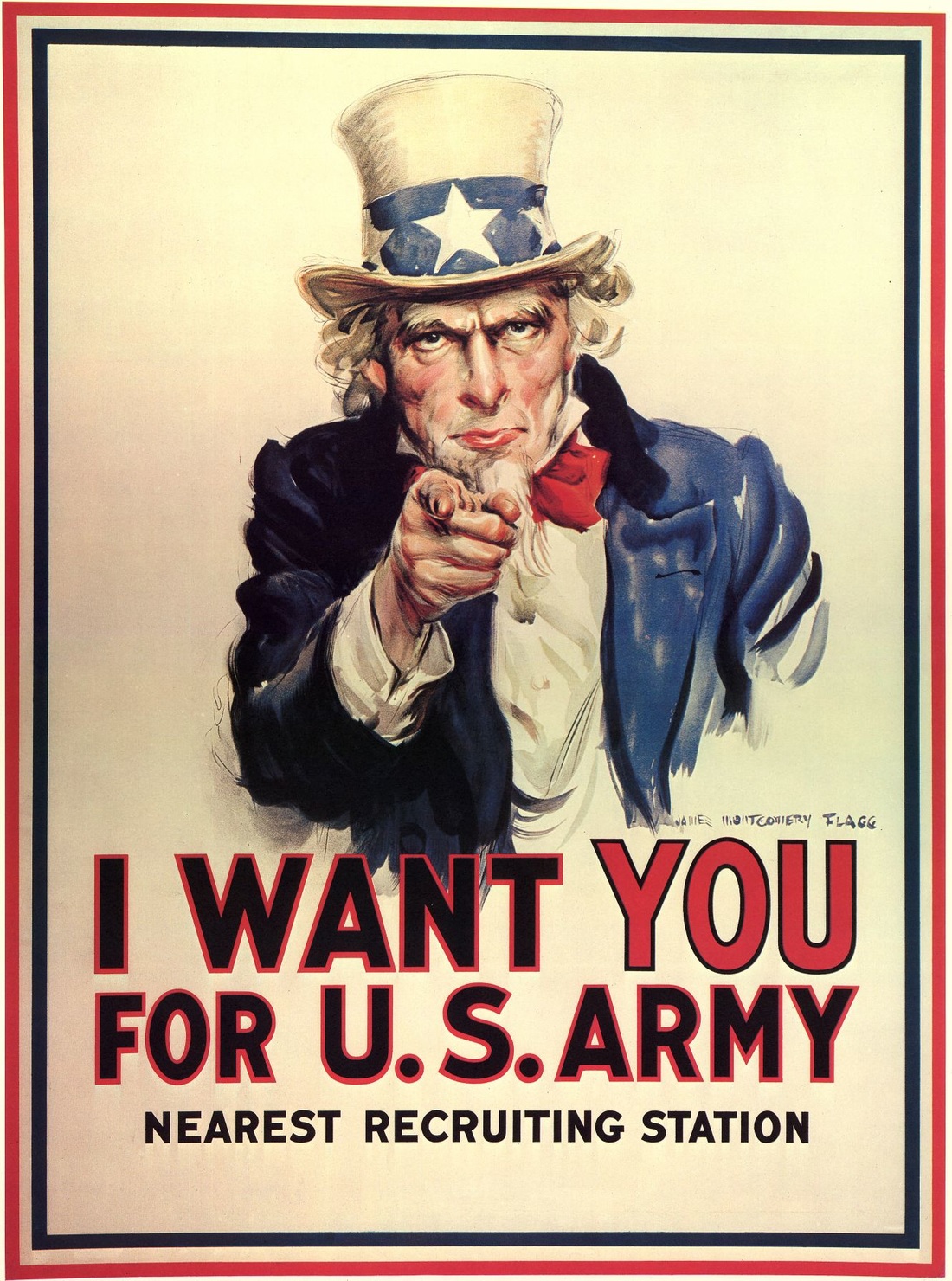|
From the time of the US declaration of war against Germany on April 6, 1917 until he was forcibly inducted into the military, Ben Salmon authored, printed, and circulated at least three pamphlets advocating the taxing of corporate profits and the incomes of the wealthy to pay for the War and its aftermath. He reasoned that the poor were giving up their lives on the front lines so the least the rich could do would be to give up excessive profits. In Ben Salmon's words: "It may seem inconsistent that an opponent of war should propose a method of financing it, but, ... since the people permitted the war to continue, why not let the rich bear their share of the burden?" (p. 45 of Magnum Opus) These pamphlets were sent by alert citizens to the literary critics at the Bureau of Investigation (the BOI, now known as the Federal Bureau of Investigation, the FBI). The reviewers were practically unanimous in labeling Ben's pamphlets as "seditious", "pro-German propaganda of the worst kind", and "treasonable stuff." Besides instituting a complete investigation of Ben Salmon, including surreptitiously interviewing his neighbors on Knox Court in Denver, the Bureau worked with the Post Office to prevent further mailings of Salmon's pamphlets. These actions were authorized by the Espionage Act of 1917. This Act was passed after the U.S. entered the War and was aimed at citizens who were aiding the enemy, where "aiding" could be interpreted as saying anything against US participation in the war or anything that would negatively impact Army recruitment. The Act further instructed the Postmaster General to deny mailing privileges to distributors of suspect literature. The Bureau of Investigation investigation of Ben Salmon had two significant results: 1) there were never any charges filed against Ben and 2) Ben's pamphlets were preserved in the U.S. Government archives. The investigation was active from November, 1917 until October, 1918 when Ben was sentenced to 25 years in prison by the Army. Though no charges were filed, the BOI did work with Denver authorities to curtail distribution of the pamphlets. Details of the relationship between Ben and the BOI can be found on the pages for each pamphlet through the links below. Perhaps of more significance today is the fact that the Bureau of Investigation filed copies of Ben's pamphlets and that those files were archived. Now nearly 100 years later, Ben Salmon's files have been declassified and made available on the Internet. (The right sidebar has information on the location of the BOI files and links to copies of the files.) The first pamphlets in the links below had separate files in the BOI system and the Conscript Profits pamphlet can also be found in the ACLU archives. Again, details are in the links below. Killing the Wrong Men - Oct 29, 1917 Tax the Rich to Pay for the War - November 16, 1918 Conscript Profits to Pay for the War - April 23, 1918 |
Bureau of Investigation Files

The Bureau of Investigation files now reside with the National Archives and Records Administration (NARA). Those that were gathered on Ben Salmon are among the "Old German Files" that are included in the General Investigative Records of the Bureau of Investigation described at https://catalog.archives.gov/id/833644. The records are available at NARA research centers or online through fold3. Copies of files on Ben Salmon garnered through searches at www.fold3.com are linked here:
Case 8000-28995, 69 pages. Cases 157118 & 157119, 8 pages (Tax the Rich). Case 8000-138971, "Ben J. Salmon", 19 pages. Case 8000-185547, "Ben J. Salmon", 14 pages (Conscript Profits). Case 30749, pages on Ben Salmon from larger file on the People's Council of America for Democracy and Peace. |
